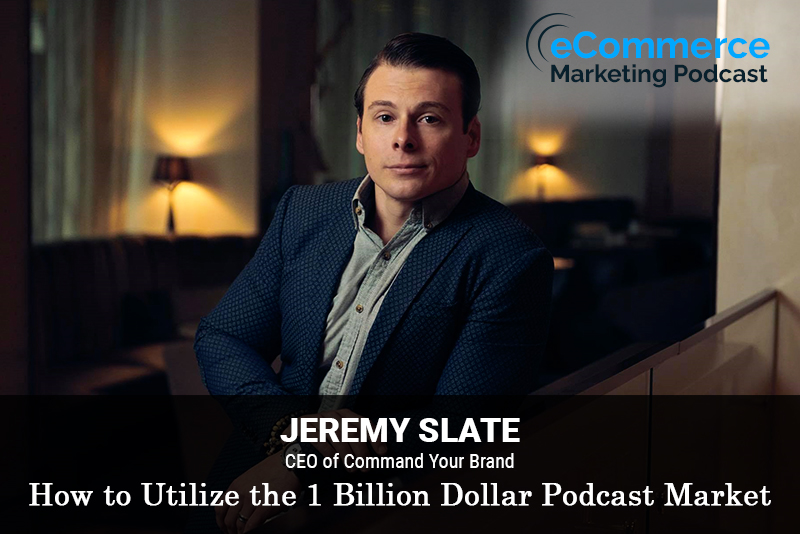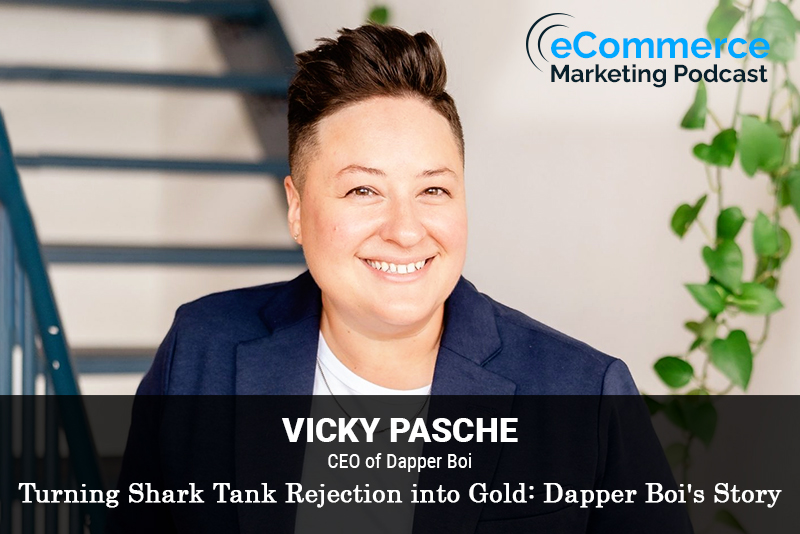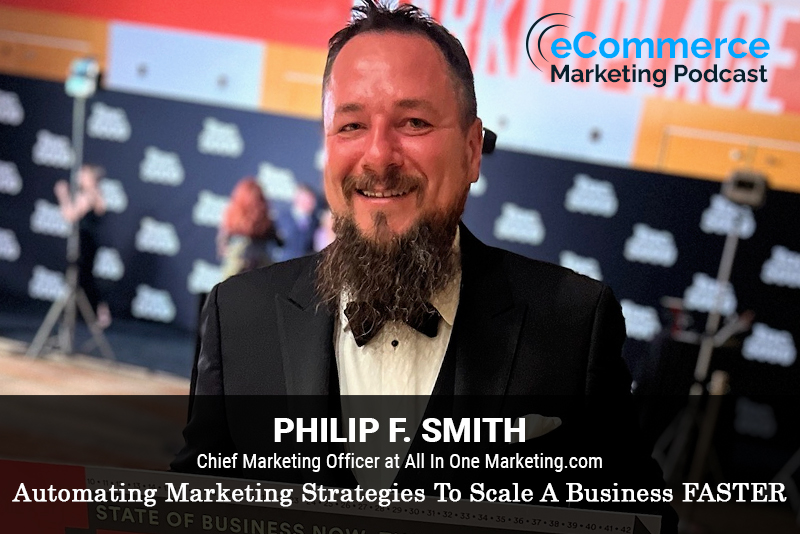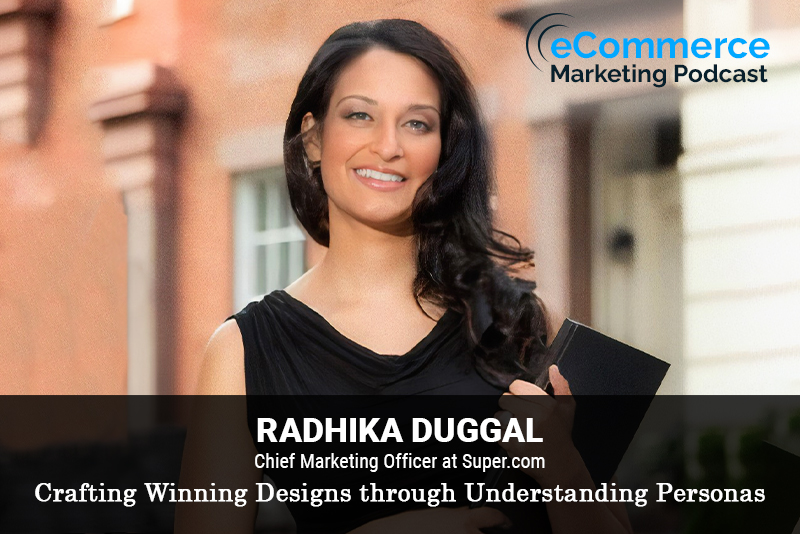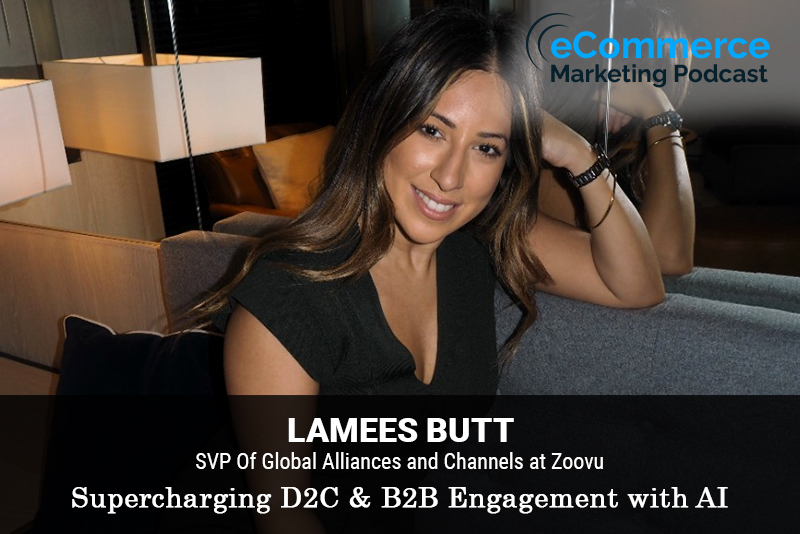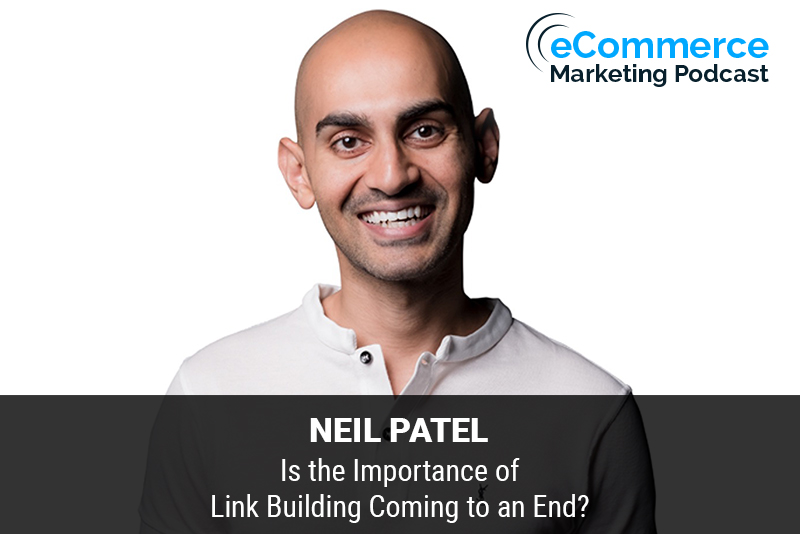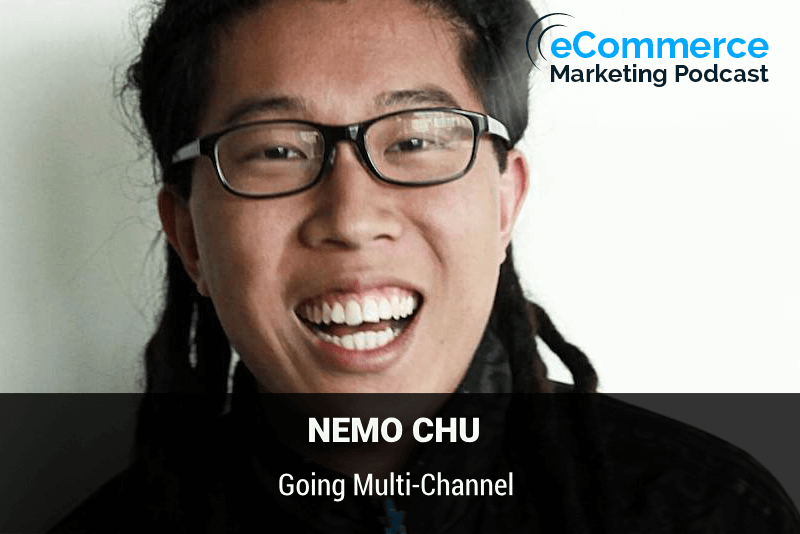
The eCommerce Marketing Podcast walks you through everything that goes into ecommerce marketing — from inbound marketing to paid advertising to conversions. Learn the strategies top marketing experts use to grow their businesses.
Head over to Leadfeeder.com and sign up for a 14-day (no strings attached) free trial!
Jeremy Ryan Slate is the host of the Create Your Own Life Podcast, which studies the highest performers in the world, as well as the CEO of Command Your Brand. He holds a BA from Seton Hall University in Catholic theology and World Religions, with a concentration in Judaism. Jeremy studied Catholic literature at Oxford University, as well as holding a Master’s in Roman Emperor Worship from Seton Hall University. His podcast was named the #1 Podcast to Listen To by INC Magazine in 2019, as well as Top 40 Under 40 by Podcast Magazine in 2022. He’s the author of the best-selling book Unremarkable to Extraordinary: Ignite Your Passion to Go From Passive Observer to Creator of Your Own Life; in addition to his new book Command Your Brand: Grow Your Impact, Income and Influence in the New Media Landscape. Jeremy and his wife, Brielle, co-founded Command Your Brand—a new media public relations agency designed to help entrepreneurs share their message by appearing as podcast guests.
In this episode, you will learn
- The most critical first step for brands looking to tap into the billion-dollar podcast market, and why is it so pivotal
- How can new podcasters create content that not only engages their target audience but also encourages loyalty and growth
- Effective monetization strategies for podcasters who are just starting to build their brand presence
- How do you believe podcasts offer a unique advantage in storytelling for brands, and can you provide an example of a brand that has done this exceptionally well
- The most effective ways podcasts can cross-promote with other media to amplify their reach
- Emerging trends that will shape the podcasting industry, especially for brands looking to grow their audience and influence
For show transcript and past guests, please visit https://www.ecommercemarketingpodcast.com
Or on YouTube at:
https://www.youtube.com/channel/UC3PgT0NOGzpdPGQtBK0XLIQ
Follow Arlen:
Twitter: https://twitter.com/askarlen
Facebook: https://www.facebook.com/arlen.robinson.7
Instagram: https://www.instagram.com/arlenyohance/
LinkedIn: https://www.linkedin.com/in/arlenrobinson/
Past guests on the ecommerce marketing podcast include Neil Patel, Nemo Chu, Luke Lintz, Luke Carthy, Amber Armstrong, Kris Ruby and many more.
Thanks for listening. Be sure to subscribe and leave a review.

In this episode of the E-Commerce Marketing Podcast, host Arlen Robinson interviews Jeremy Ryan Slate, host of the Create Your Own Life Podcast and CEO of Command Your Brand. Jeremy shares his journey from studying theology to becoming a successful podcaster and PR agency co-founder. The discussion covers leveraging the $1 billion podcast market to grow your business, with insights on starting a podcast, content creation, monetization strategies, and effective promotion techniques.
Key Takeaways
- Introduction and Background ([00:01] – [01:42])
- Jeremy Ryan Slate’s diverse educational background and journey to podcasting.
- Overview of his career and achievements, including his top-rated podcast and PR agency.
- Evolution of Podcasts ([01:42] – [02:38])
- Growth of the podcast industry from 2014 to present, with millions of shows available.
- Shift from legacy media to on-demand content consumption.
- Podcasting and Consumer Behavior ([02:38] – [05:30])
- Differences between traditional media consumption and podcast listening habits.
- Importance of long-form content in engaging and educating audiences.
- Jeremy’s Transition to Podcasting ([05:30] – [08:55])
- Jeremy’s personal journey from teaching and various jobs to starting his podcast.
- The early success of his podcast and the establishment of Command Your Brand.
- Steps to Start a Podcast ([08:55] – [12:01])
- Assessing whether a podcast is right for your brand.
- Different strategies for established brands versus new ones, including affiliate deals and guest appearances.
- Content Creation Strategies ([12:01] – [15:44])
- Importance of surveying the market to find content gaps.
- Balancing creative and straightforward naming for your podcast.
- The decision between interview-based or content-based shows.
- Monetization Strategies ([15:44] – [19:48])
- Using affiliate deals and niche marketing to monetize e-commerce products.
- Example of a successful monetization strategy with an aloe product.
- Promotional Strategies ([19:48] – [27:36])
- Leveraging video content and YouTube for broader reach.
- Tools like vidIQ, video.ai, and retention.com for optimizing and promoting content.
- Storytelling in Podcasts ([21:54] – [23:44])
- The power of storytelling in making content memorable and engaging.
- Example of Chris Miles Money’s effective use of storytelling in his podcast.
- Emerging Trends and the Future of Podcasting ([28:27] – [30:42])
- The democratization of podcasting with affordable AI tools.
- Predictions on the evolution of podcasting and its increasing accessibility.
Guest Info
Jeremy Ryan Slate
CEO of Command Your Brand
Website: Command Your Brand
Book: Command Your Brand

